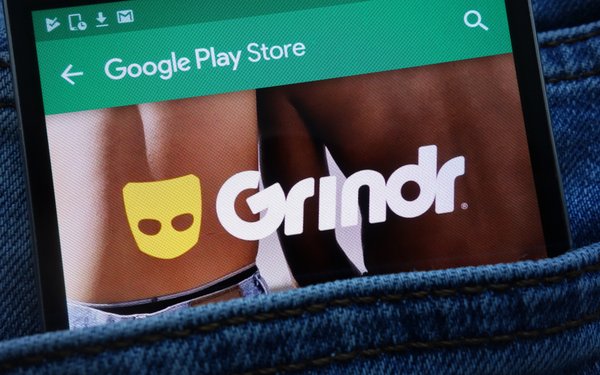Supreme Court Won't Revive Claims Against Grindr
- by Wendy Davis @wendyndavis, October 8, 2019

The Supreme Court has left in place a ruling that dismissed a lawsuit against Grindr by a man who says he was stalked and harassed after being impersonated on the dating site.
The decision brings an end to New York resident Matthew Herrick's attempt to hold the online company responsible for alleged harassment by one of its users. The dispute dated to October of 2016, when a former boyfriend of Herrick allegedly began impersonating him on Grindr.
The ex-boyfriend allegedly posted Herrick's photo and a fake profile of him. Over the next five months, more than 1,100 men appeared at his home or workplace, according to Herrick. He also says he went to the police on 14 occasions, and asked Grindr for help around 50 times.
Herrick subsequently sued Grindr, arguing that the company is responsible for the harassment.
Last year, a federal district court judge in New York dismissed Herrick's lawsuit on the grounds that Grindr is protected by Section 230 of the Communications Decency Act, which broadly immunizes online platforms for material created by users.
Herrick then appealed to the 2nd Circuit, arguing that Grindr should be responsible based on its app's design, which he says facilitated the harassment.
The appellate court rejected Herrick's argument and ruled that Grindr was immune from liability for failing to police users' content. The judges said in the opinion that Herrick's claim regarding the app's design boiled down to a complaint about how the company handled content created by users.
In August, Herrick asked the Supreme Court to review the case. His lawyers argue that Section 230 “was never intended to provide blanket immunity for internet companies.”
This week, the Supreme Court rejected Herrick's request. The court, as is customary, didn't provide a reason for its decision to decline hearing the appeal.
Grindr isn't the only company that has successfully defended itself from lawsuits based on Section 230.
Facebook, Twitter, YouTube, MySpace, Craigslist and other companies have defeated lawsuits that sought to hold them accountable for posts by users.
Among other examples, the 2nd Circuit Court of Appeals recently ruled that Facebook, Twitter and Google's YouTube could not be sued by victims of terrorist attacks. In that matter, the appellate judges rejected the victims' argument that the web companies enabled terrorists to organize and recruit new members.


